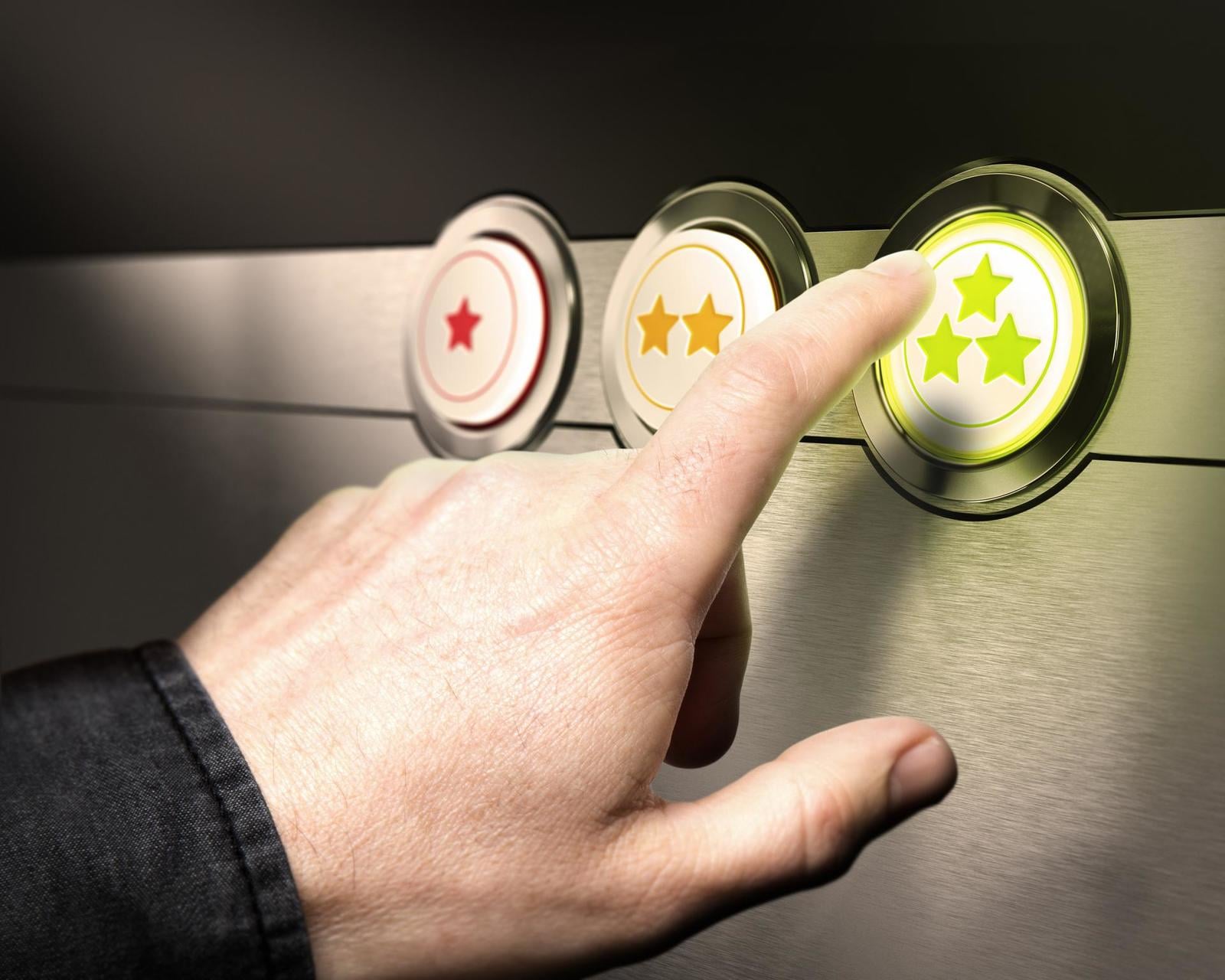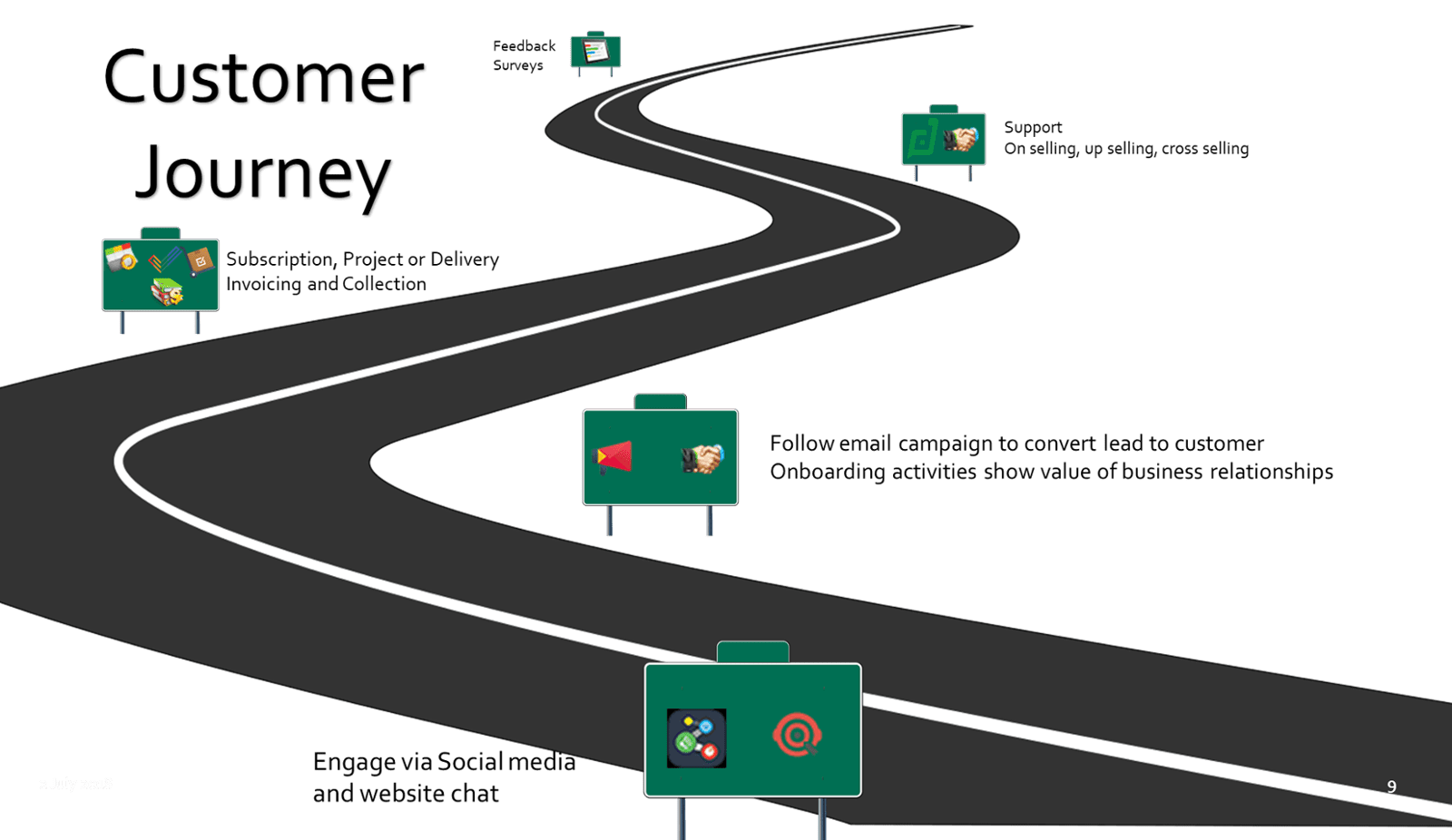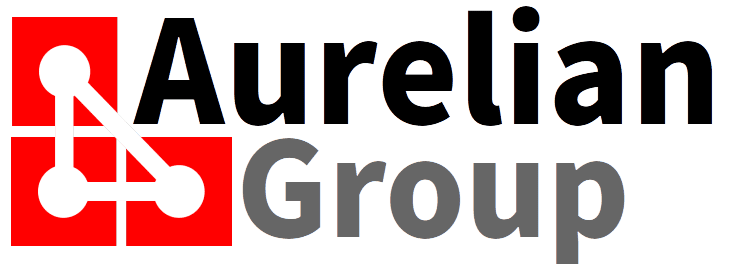Selecting a business application traditionally was based on features versus cost. Already at this stage the selection process is leading into major disappointment. Selecting according to features is a comparison of the candidate applications to your current application's abilities with a few bonus "wish list" features thrown in. The new system is selected on what the old system did, but then "just a bit better". The "just a bit better" elements are the first to be sacrificed in the event of budget or time constraints (an inevitability in every project).
How to prevent spending good dollars on an expensive way to keep status quo? Start from a different vantage point - whatever you did up to now is irrelevant. The only relevance is the customer experience during their journey doing business with your organisation from now on.

Internal versus customer focus
How do you segregate the internal focused requirements from the ones that actually enable positive customer experiences? The "front office versus back office" argument is an expedient way to discern the two. However, as with most things that are expedient, it is not very meaningful. It quickly dispatches the accounting systems as irrelevant to customer experience - but invoicing and accounts receivable are certainly as important to the customer experience as the delivery of service or product. The integration of operational information to the Accounts Receivable team can save some awkward conversations when following up on outstanding payments. And vice versa, when a sales person is putting all effort in closing the next big deal, it is good to know how payment history (and outstanding payments) can influence the commercial construct of any additional sales. What customers don't care about is your chart of accounts, or the cost centers where you book your transactions.
There are also internal focus elements - such as cost centers, or some classifications for your customers that matter little to nothing to the account.
Let customer experience drive your application selection
When you start your business, and go for the first application selection, usually it is for an accounting package. Where do you look for advice? The vast majority will look at their accountant to advise them on an accounting package. On the surface, this seems to make sense - your accountant will have to be able to look through the transactions and lodge your tax return. Most accountants will select the right package for you, but you need to take two considerations into account: first, your accountant does not need to worry about the integration with your other applications, which drive customer experience. Second, your accountant will make a recommendation based on what is used in his/her accounting practice. In any case, your accountant does not have to take your customers in consideration.
When selecting your business applications, think about the journey you wish to facilitate for your customers. Even if you are just starting out, imagine your business at a scale where you cannot manage without applications for the core tasks. How do you get leads? How do the leads convert into accounts, contacts, and associated opportunities? How do you convert opportunities into sales? How do you invoice? How do you track delivery of the product or service? What additional charges do you have that may be billed to the customer? And how can your customers pay you? This may seem daunting when you are just thinking about starting a business, but a good application strategy upfront will save you thousands of dollars later on.
For example - if you have thought of the end-to-end journey, you know you need an accounting package that can take the new accounts from your customer relationship management system (CRM). You also know you need to have an automated approach to capturing leads into the CRM from social marketing or other lead-magnets you will use, if you are going to do this at scale. If you are a subscription based business, you need a subscription billing system that integrates into your regular accounting system as well as into your CRM.
The cost of an integrated system
Fully integrated systems are very expensive, and quite difficult to implement. The "monolithic" ERP is not on top of mind when selecting a system for a startup. Certainly, it is not recommended. Too easy to get lost in the complexity, and make an implementation decision you come to regret (and is going to cost dearly) later on. But what is the alternative? Back to the individual applications that are not designed to work together, and hope that somehow they can be tied together at a reasonable cost? There is an alternative. Implement applications one by one that are designed to work together, but can also work independently. For instance - when you start your business, you are mainly making some investments, bear some costs, and start your lead magnets in order to start converting and get some customers. All you need to implement in this case is an accounting system, followed by a social or email campaign management system, and a CRM. If you are ready, you can add a website, website chat, project delivery management, and/or inventory management systems, potentially added support ticketing.

Sign up for a trial below and start your customer journey discussion with us
The link below takes you to a trial membership for Zoho One - 40 applications that are designed to work together, but can be implemented independently as well - the trial is free access to all applications without restrictions, for 30 days. After that, if you wish to continue using the Zoho One applications, it is $45 per employee per month (or $35 per month if paid annually).
Zoho One contains all the applications you need to run a business, offered at a flat rate - you can compare it to an all you can eat buffet - all dishes are available, and you can skip what you don't like. Sign up for a trial and we will contact you to discuss how we can best help you map out your customer journey.
